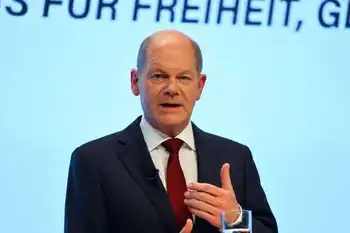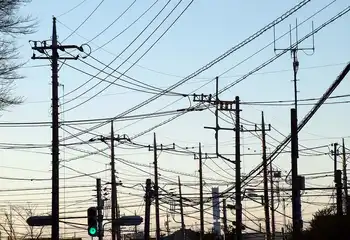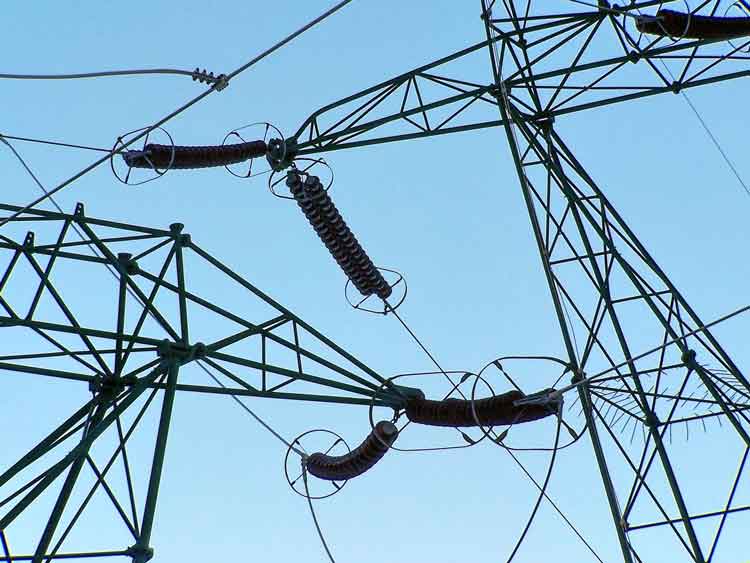Veto cuts into Alaska clean energy plans
By Associated Press
High Voltage Maintenance Training Online
Our customized live online or in‑person group training can be delivered to your staff at your location.

- Live Online
- 12 hours Instructor-led
- Group Training Available
The Legislature had approved $50 million for the Alaska Renewable Energy Grant Fund, but Parnell cut it in half just before the 2010 Business of Clean Energy in Alaska conference.
The conference was organized by the Renewable Energy Alaska Project to show Alaska's leaders how to build a more sustainable energy future for the state and tap into the worldwide $155-billion-a-year clean energy market.
The Alaska Journal of Commerce reported the veto could delay 46 projects around the state unless other funds are found.
About half of those projects are reconnaissance and feasibility studies, without which communities will be unable to apply for funds to design and construct projects.
The projects include a transmission line to connect the Reynolds Creek hydro project in Southeast Alaska a geothermal heating system for Gastineau Elementary School in Juneau wind projects in St. Mary's, Teller, Stebbins and Scammon Bay and geothermal exploration at Akutan.
Meera Kohler, president and CEO of the Alaska Village Electric Cooperative, which serves 53 communities in interior and western Alaska, said the veto surprised her.
Kohler said she had talked to members of the administration before the governor approved the budget, and "I was told they were recommending that the entire $50 million be approved."
Chris Rose, executive director of the Renewable Energy Alaska Project, also said he was surprised by the veto.
Rose said his organization had spoken with Parnell aide and energy adviser Gene Therriault several times and they were assured no problems were expected.
Therriault defended the veto, saying the state is only in the third year of a five-year funding cycle for energy projects. The veto keeps the level on track with the goals first set by lawmakers, bringing the total to $150 million so far, he said.
"We're right on track," Therriault said. "The extra $25 million the Legislature had proposed was money beyond that. But it would be money ahead of the schedule suggested by the original legislation."
Rose said Alaska has strong incentive to develop renewable energy because it is an abundant resource in a state that has high energy costs, energy-inefficient housing and a cold climate.
Alaskans currently pay some of the highest energy costs in the country, more than five times the national average in some cases.
Therriault said many of the projects still can apply for the next round of funding.
"Although there certainly is quite a bit of disappointment over the funds that were vetoed, there's no pulling back from our commitment to renewable energy," Therriault said.











